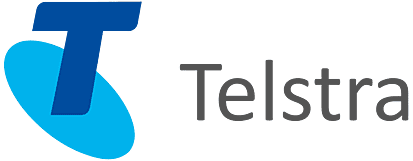Recently, and with more on the way, there have been many significant workplace related legal changes which will directly affect almost every employer and employee across Australia.
Some of these changes move responsibility firmly to the employer ensuring compliance, and in some cases having to prove themselves right after receiving accusations of doing wrong.
Even though many of the changes are mostly blanket across the country, practically it will have varying impacts and consequences by industry, employer size and the type of employee culture which already exists across your operations.
Those companies who can strategically deal with these changes should be able to excel as an Employer of Choice in the eyes of employees and the public, navigate and avoid expensive claims including for items not directly under your control but within your responsibilities under legislation, make compliance an everyday activity so it doesn’t distract from managing and growing your business, and prepare against the usual higher level of employee claims which can occur if the employment market conditions soften.
Some items which can be considered for your Company Strategic Agenda should include;
Ensuring your HR or People & Culture teams and leadership are familiar with changes and key elements across all workplace legislations including Respect at Work, Secure Jobs and Better Pay, Multi-Employer Bargaining, Adverse Action Claims, Paid Family and Domestic Violence, Modern Slavery, Gender Affirmation Policy, BOOT Test, Wages Underpayment, Independent Contractors, Whistleblower Complaint, Data Privacy, Safety/Industrial Manslaughter Laws, and Psychosocial Risks.
Stress testing potential impacts of these workplace legislations on future business strategy and making adjustments before signing off on implementation plans. Budget in scenarios for future salary, benefit and workplace compliance increases.
Implementing new Policies and Procedures or adjusting existing to capture changes in legislation or recent decisions. Changes must be clearly communicated to key stakeholders including employees where they need to know.
Monitoring employee and leadership behaviours, contract and customer interactions and behaviours as well (important under Sex Discrimination Act for example)
Collecting and storing workplace information such as results of workplace surveys, results of investigations into complaints, employee reporting structures, company support programs and compliance related training initiatives.
Know how to respond to emerging practices such as an industry based wages increase request if approached by a Union representative or if bargaining is initiated by an individual employee.
Linq HR are specialists in Employment, Career and Vendor Selection. Ph 1300234566.









